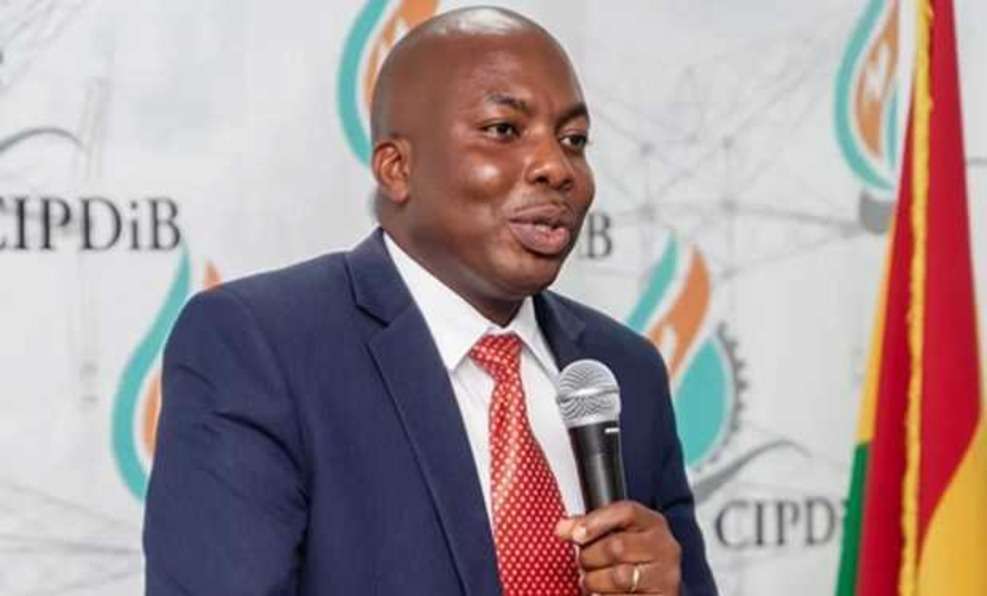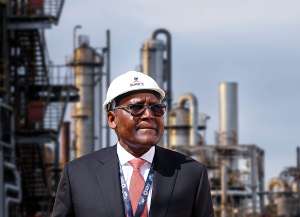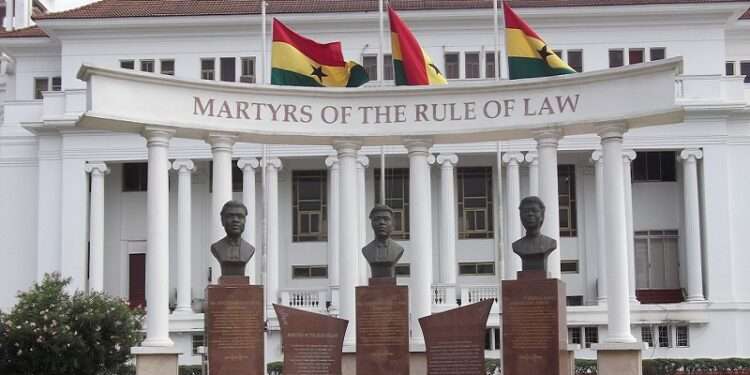Ghana’s energy sector is grappling with a significant imbalance between supply and demand. The country has an installed generation capacity of 5,300 megawatts (MW), yet peak domestic demand sits at 3,600 MW.
The resulting surplus, though potentially beneficial, has come with substantial costs due to “take-or-pay” contracts with IPPs. These contracts mandate that ECG pays for the full contracted capacity, even when actual demand falls short, creating a financial burden estimated at $2 billion.
Dr. Elikplim Kwabla Apetorgbor, a power systems economist, has proposed that Ghana license its independent power producers (IPPs) under the Ghana Free Zones Act to bolster the country’s position as a major electricity exporter in the West African region.
According to Dr. Apetorgbor, this strategy could transform Ghana’s excess electricity capacity into an economic asset, alleviating financial pressures on the state-owned Electricity Company of Ghana (ECG) while creating a profitable export market.
“These conditions highlight the need for innovative solutions that can integrate Ghana into regional electricity markets, where its excess capacity can meet demand in neighboring countries, providing economic benefits and relieving ECG of the financial burdens associated with surplus capacity.”
Dr. Elikplim Kwabla Apetorgbor, Power Systems Economist
Enacted in 1995, the Ghana Free Zones Act was initially designed to enhance the trade and manufacturing sectors through tax incentives, duty exemptions, and streamlined regulatory processes.
Dr. Apetorgbor believes that adapting this framework to include IPPs could make Ghana’s electricity exports competitive within the West African Power Pool (WAPP), a cooperative regional power grid.
According to Dr. Apetorgbor, the Free Zones Act would grant IPPs substantial cost savings that could be passed on to neighboring countries in the form of competitively priced electricity.
This could allow Ghana to supply affordable power to high-demand markets in Burkina Faso, Togo, and Mali, further integrating the country into the regional power market.
Dr. Apetorgbor suggested that the Act be amended to explicitly recognize IPPs as eligible entities for tax and regulatory benefits. This would enable IPPs to tap into the incentives that manufacturers and other Free Zone enterprises enjoy.
He further advised that the Ministry of Energy should work towards establishing power purchase agreements (PPAs) with neighboring countries, thereby creating stable demand for Ghanaian electricity and securing predictable revenue streams for ECG.
These agreements would deepen regional integration and foster economic cooperation with West African nations.
Economic Benefits and Foreign Investment Potential

Licensing IPPs under the Free Zones Act could also position Ghana as a competitive electricity exporter.
“The Free Zones Act provides an investor-friendly environment through tax exemptions on dividends and profits, making it an attractive option for foreign investors.”
Dr. Elikplim Kwabla Apetorgbor, Power Systems Economist
Increased FDI could enhance infrastructure development, bolstering production capacity and operational efficiency. This would not only make Ghana’s power sector more resilient but also ensure that the country meets both domestic and export needs efficiently.
Ghana’s participation in WAPP provides a ready market for electricity exports, which could transform the nation’s surplus capacity into a regional asset.
By reducing ECG’s financial burdens and creating new revenue streams, a Free Zones-based licensing model could play a pivotal role in balancing Ghana’s energy sector.
Dr. Apetorgbor’s proposal highlighted the importance of adapting policy frameworks to address contemporary challenges in Ghana’s power sector.
With neighboring countries experiencing rapid population growth and industrialization, demand for reliable and affordable power is expected to rise sharply. Ghana’s abundant generation capacity, if harnessed effectively, could be central to meeting this demand.
Transitioning from a domestic supply model to a regional export-focused framework, Ghana could transform its surplus capacity into a valuable export, strengthening its role within WAPP and enhancing economic cooperation across West Africa.
Dr. Apetorgbor’s recommendations underscore a broader vision for Ghana’s energy sector: one where surplus capacity is no longer a financial liability but a source of economic growth, regional collaboration, and sustainable development.
READ ALSO: https://thevaultznews.com/world/around-the-globe/un-calls-for-fair-transition-to-clean-energy/





















